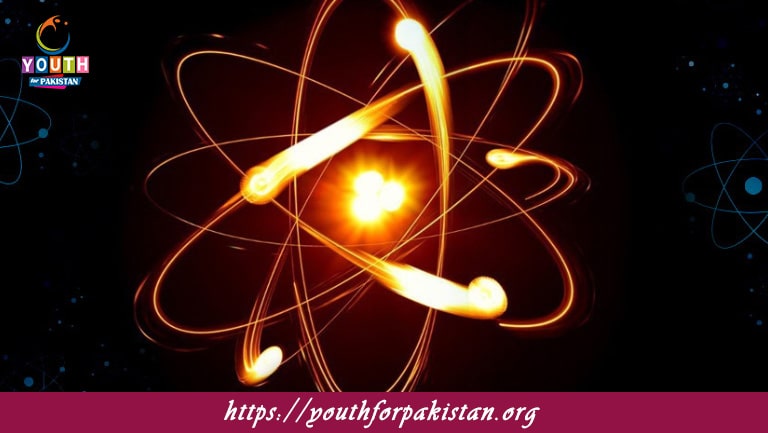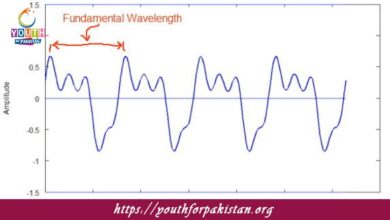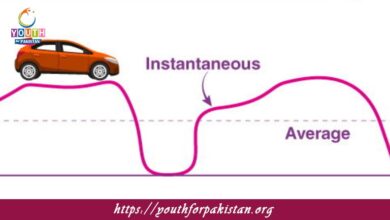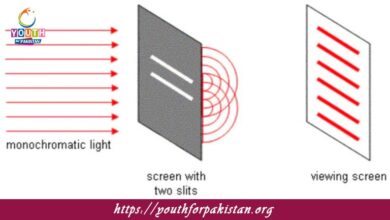Nuclear Physics MDCAT Quiz with Answers

Nuclear Physics MDCAT Quiz is the division of physics that deals with the study of atomic nuclei, their structure, properties, and the reactions they undergo. It is a wide field, covering phenomena such as nuclear decay, nuclear fission, nuclear fusion, and the interaction of nuclear particles. The discovery of the nucleus by Ernest Rutherford and the Bohr model of the atom constitute one of the most important landmarks in nuclear physics. In modern nuclear physics, important concepts such as nuclear binding energy, radioactive decay, and the processes of fission and fusion play a substantial role in fields extending from energy production to medical applications, such as radiation therapy. Knowledge of nuclear physics is important for MDCAT students to solve the problems given in nuclear reactions, radiation, and energy production.
Test Your Knowledge with an MDCAT Quiz
An MDCAT Quiz on Nuclear Physics will help solidify your understanding of key topics such as radioactive decay, nuclear fission, and nuclear fusion. These quizzes cover essential concepts, including the calculation of decay constants, half-life periods, energy released in fission and fusion reactions, and the application of nuclear physics in energy generation. Regular practice will make sure that you are prepared for the nuclear physics-related questions in the MDCAT exam.
- Test Name: Nuclear Physics MDCAT Quiz
- Type: Quiz Test
- Total Questions: 30
- Total Marks: 30
- Time: 30 minutes
Note: Answer of the questions will change randomly each time you start the test, once you are finished, click the View Results button.
Free Flashcards for Quick Revision
Free Flashcards on Nuclear Physics are a quick and efficient summary of important concepts, including the law of radioactive decay, the principles of fission and fusion, and the structure of atomic nuclei. Flashcards are an excellent revision tool to help you recall crucial formulas, concepts, and applications in nuclear physics, ensuring you’re fully prepared for MDCAT exam questions related to this field.
Experience the real exam environment with our expertly designed collection of over 25,000 MCQs MDCAT Mock Tests.






